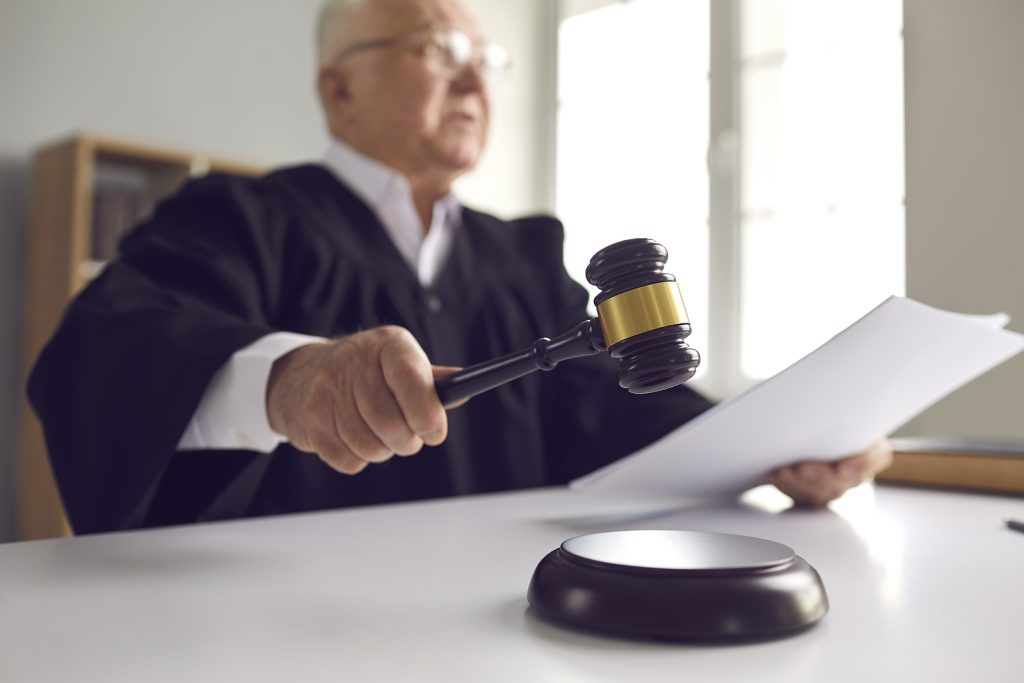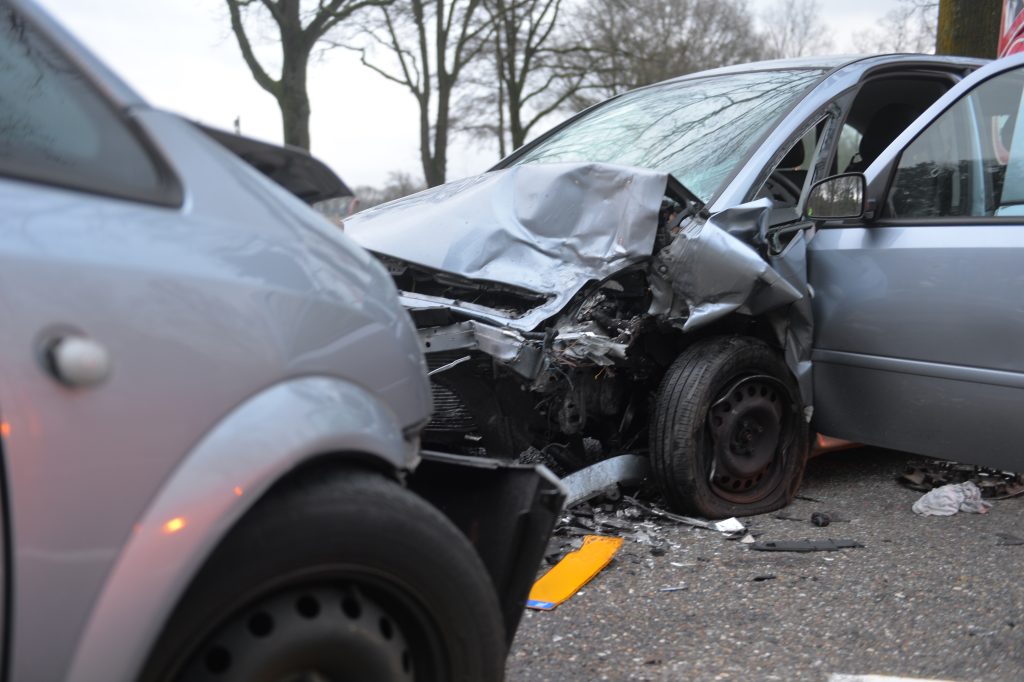Being convicted for a crime is, naturally, a terrifying experience. Being convicted for a crime you did not commit where it seems like evidence, reason, and sanity have not illustrated a clear picture of your innocence can feel like an existential nightmare far outside of your control. Wrongful convictions happen more often than you might believe, and there are currently people still suffering under the weight of them, even in our era of DNA evidence and due process.
The lawyers of Joyner Law have represented hundreds of clients who have been charged with crimes ranging in severity from DUI to drug trafficking and vehicular homicide, and we are familiar with the pitfalls of the justice system, particularly the biases that further the disenfranchisement of marginalized individuals.
One of the greatest failings of justice is wrongful conviction, which is why it’s essential that people being charged have competent legal representation. We have compiled this blog in order to present the reality of wrongful convictions, why they happen, and the solutions proposed to minimize or eliminate the impact of these shortcomings.
What Is Wrongful Conviction And How Common Is It?
Wrongful conviction occurs when a person innocent of their charges is nonetheless found guilty and punished for the perpetuation of the crime. People wrongfully convicted of felony crimes like murder and sexual assault can be facing life sentences or else a significant portion of their life incarcerated. Victims of the justice system who have been exonerated for their crimes have often been forced to serve years before their innocence prevailed.
According to Harvard Public Health, approximately 1% of the 2.2 million people currently imprisoned in the U.S. are innocent of the crime for which they were convicted–that’s approximately 22,000 people being punished for crimes they did not commit!
Some experts believe that 1% is too conservative an estimate and real numbers would be anywhere between 2% and 5%, which would mean that up to a few hundred thousand people are wrongfully incarcerated.
Why Do Wrongful Convictions Happen?
Wrongful convictions happen for a significant number of reasons. Aspects such as racism, classism, and misunderstanding of people with mental disabilities are contributive biases toward convicting innocents.
Since 1989, DNA evidence has been a key component in exonerating people who have been wrongfully convicted, but the existence of DNA evidence does not mean that wrongful convictions are obsolete, especially when bias still exists within the system, among other components.
Such components include:
- False accusations: In some circumstances, a person will have something to gain by perjuring themselves with a false accusation. Jailhouse informants, for example, might provide inaccurate information to law enforcement because they are incentivized by financial compensation or special treatment. In other cases, a person might provide false witness against another person for reasons such as a personal vendetta or fear that they themselves might be implicated in the crime.
- Eyewitness errors: The other side of witness testimony is the risk of human error. Although an eyewitness may not endeavor to act maliciously, they are still prone to mistakes, as all humans are, and they may even give false testimony as a result of unexamined bias.
According to a report from the National Library of Medicine, eyewitness error was involved in 75% of 312 wrongful convictions that have been exonerated by DNA evidence. Studies also suggest that up to 50% of the time witnesses fail to accurately pick out a perpetrator from a lineup.
- Police misconduct: Abuse of authority has proven to be an issue when it comes to wrongful convictions. This type of misconduct can take many forms from lying under oath to planting evidence to not sufficiently informing people being charged of their rights. Since police are often shielded by the law, it can be difficult to determine to what extent misconduct has helped influence cases against innocent individuals.
- False confessions: In addition to other forms of misconduct, law enforcement might use coercive techniques to elicit a false confession. Police are not obligated to tell the truth and might lie to say that they have already gotten a confession from a partner in crime or they can lie about evidence that does not exist.
One 2018 case involved a 17-hour interrogation in which police threatened to kill a man’s dog if he did not confess to killing his own father, who was later found to be very much alive.
- Bad science: It might be tempting to think that modern methods and technology reduce or completely eliminate the likelihood of a false conviction. However, forensic science can be misapplied, even in cases of DNA evidence, which is often used for exoneration and is regarded erroneously as absolute. In reality, DNA evidence can also be subject to human error, such as if specimens get mixed up in the lab.
There are other issues that plague the justice system, from other procedural errors to systematic indifference, that potentially have a hand in perpetuating wrongful convictions.
How Can Wrongful Convictions Be Resolved?
Resolving wrongful convictions is a complex subject area, and there is not a single simple answer for handling these injustices.
Prison abolitionists have pointed to wrongful convictions as one of the failings of the justice system, and the answer for this movement would be an entire overhaul of the criminal incarceration system. Groups such as the Innocence Project have taken up the mantle of advocating for those wrongfully convicted and spreading awareness of these shortcomings of justice.
In individual cases, people who have been wrongfully convicted can try to appeal their sentence. If they have competent legal counsel, they can appeal by challenging erroneous elements of the prosecution’s case and presenting evidence that might have been unavailable or suppressed. If DNA evidence has become relevant since the sentencing, it can be sought in an attempt to overturn the conviction. People wrongfully convicted can also get into contact with justice groups, such as the Innocence Project or the ACLU, who can potentially put them in contact with proper resources.
Joyner Law Can Help You Make The Case To Avoid Conviction Or Appeal!
Criminal lawyers at Joyner Law understand the weight of the penalties that you are facing when you are charged with drug crimes, DUI, assault, and more. We believe in your innocence and want to help you clear your name so that you can continue with life unimpeded. Reach out to schedule a free initial consultation and learn how we can help defend your rights.









